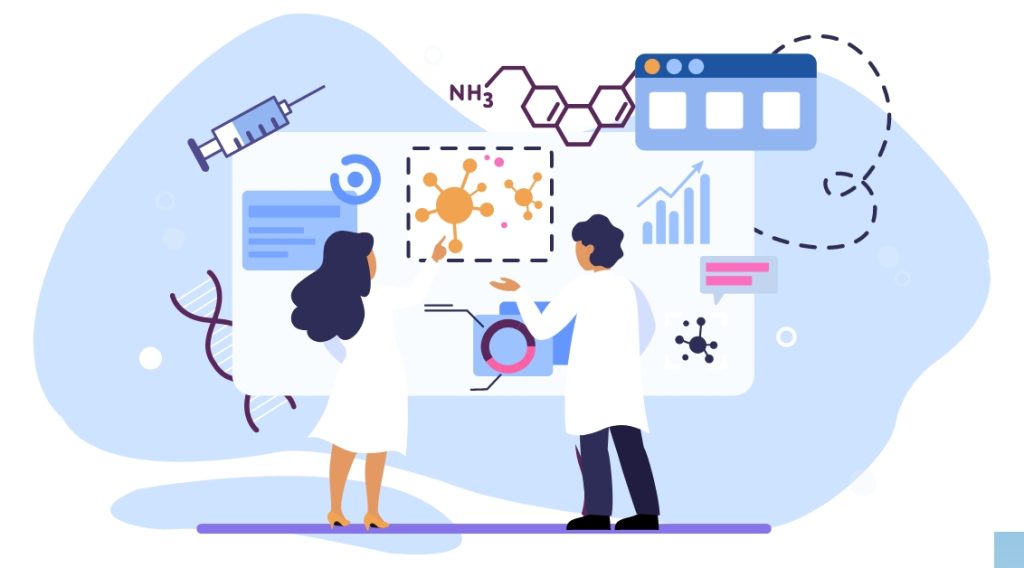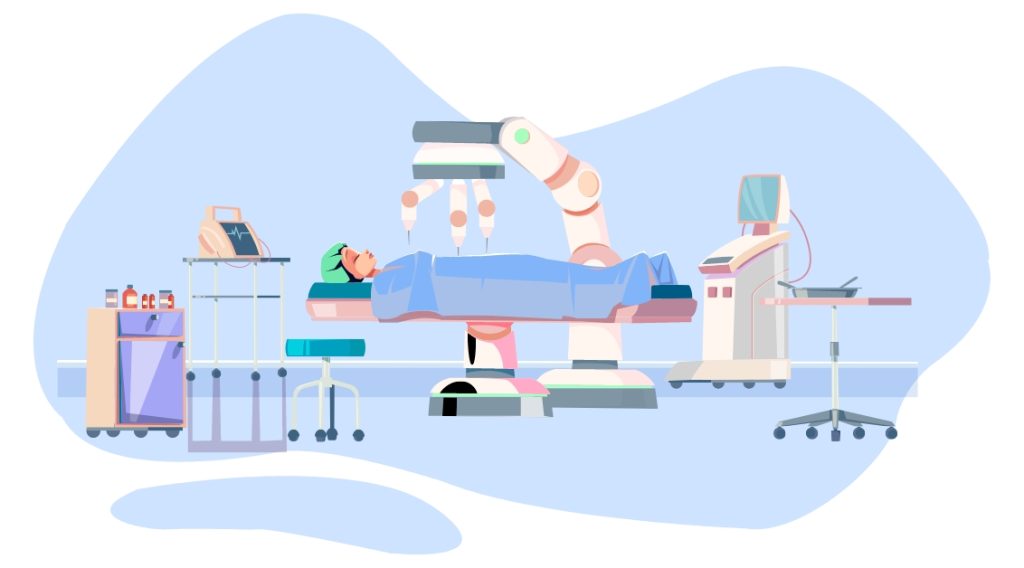Artificial intelligence (AI) holds tremendous potential to revolutionize healthcare. By harnessing the vast amounts of digital data generated in the field, AI can provide valuable insights, diagnostics, and personalized care.
However, as with any transformative technology, there are ethical challenges that need to be navigated to ensure responsible and accountable use of AI in healthcare. One of the key challenges is ensuring that clinicians educate patients about the complexities of AI.
Transparency is essential in explaining the data inputs, machine learning processes, biases, and the quality of a doctor’s work. Building trust and open communication between patient care, health delivery, and AI is vital. Safety is another critical concern.
AI systems must be designed with utmost care to avoid providing unsafe or incorrect recommendations. Training AI with reliable and valid datasets is crucial, as the quality of the data directly impacts the AI’s performance. Transparency is also necessary to identify any shortcomings in the software and address data biases.

Ensuring algorithmic fairness and addressing biases is of utmost importance. AI algorithms are only as reliable and fair as the data they are trained on. Biases in patient records, such as age, gender, disability, or skin color, must be carefully considered. It is essential to avoid training AI on datasets that are skewed and not representative of the diverse population.
Explainable AI (XAI) can help identify and address biases, especially when AI produces health recommendations. Data privacy remains an ethical dilemma in the era of AI. Patients should have control over their medical data, and their privacy and consent should be respected. Legislation needs to be put in place to protect users’ private information and regulate data collection and usage by companies. Concerns arise when AI collects data from children, as their consent and understanding may be limited.
The balance between AI control and human oversight is crucial. While AI can make split-second decisions, it is essential to ensure that there are mechanisms in place to prevent undue concentration of power and to maintain human accountability in critical decision-making processes.

Ownership of AI-generated content raises important questions:
Who owns the content produced by AI?
What should be done if false information spreads online?
Addressing these issues requires clear guidelines and frameworks for ownership and responsibility. We must also consider the environmental impact of AI. Data centers powering AI architecture consume substantial energy, leading to increased carbon emissions. Striving for a balance between AI’s potential and environmental sustainability is crucial. As AI advances, it is essential to reflect on our humanity. AI’s rapid progress can sometimes make humans feel inadequate.
However, rather than being replaced, humans can collaborate with AI, leveraging its capabilities to augment our work and contribute to society.
In conclusion, while there are ethical challenges associated with AI in healthcare, responsible adoption of this technology can bring significant benefits. By addressing issues such as data bias, transparency, privacy, and human control, we can unlock the full potential of AI in improving patient care and advancing healthcare. Embracing AI while upholding ethical principles will pave the way for a future where humans and technology collaborate harmoniously to create a healthier world.
For more details:
+91 80105 08822
board@medtel.in
